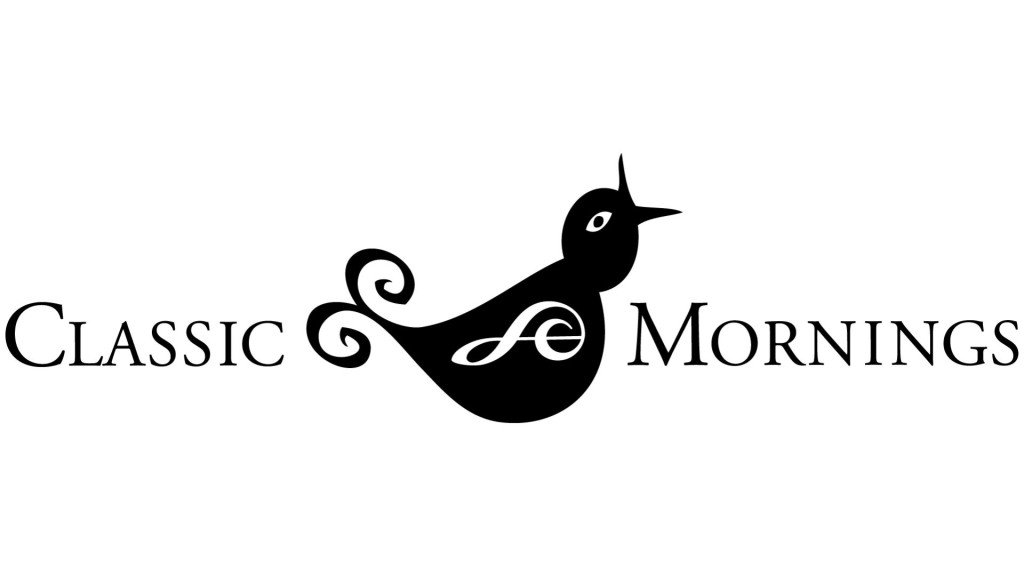Catchy Chorale

Oh, not again! It used to be much simpler when we introduced that composition by Johannes Brahms. It was called: Variations on a Theme by Haydn.
Then things got complicated. It became clearer that the tune used by Brahms wasn’t written by Haydn. It’s referred to as the “Chorale St. Antoni.” And it turns out that even the woodwind divertimento, from which Brahms borrowed the tune, may not have been written by Haydn. So, do we ignore all of that and just mention the title?
This all comes to mind because November 2 marked the 150th anniversary of the first performance of Brahms’ ”Haydn Variations,” which took place in Vienna. Brahms was the conductor. A two-piano version of the work had its premiere in August, 1873 in Bonn. That was at a private gathering with Brahms and Clara Schumann performing.
More recent recordings use the title Variations on a Theme by Haydn (Chorale St. Antoni). That’s a little better. Yet it still seems to invite an explanation.
The work has entered the company of other such pieces, including Sergei Rachmaninov’s Variations on a Theme of Corelli. Rachmaninov was unaware in 1931 that Arcangelo Corelli had used a tune from the late 15th century, known as “La Folia,” when he wrote his variations on it near the end of the 18th century. And the popular “Albinoni Adagio” wasn’t written by the Vivaldi contemporary: Tomaso Albinoni, as we had been led to believe. It was written in 1957 by the composer’s biographer: Remo Giazotto.
I first heard the “theme by Haydn” as a part of jazz guitarist Wes Montgomery’s instrumental version of the Pete Seeger song: Where Have All the Flowers Gone. A portion of the “St. Anthony Chorale” serves as the introduction to the track, which is on Montgomery’s 1968 album: Road Song. It’s re-introduced within the piece and at the finale.
After I came to know the Brahms orchestral work, I often wondered how the “theme by Haydn” made its way to the Wes Montgomery track, which I heard many times on pop radio stations back then. Only recently did I do a bit of searching, in an attempt to find the answer. The album was produced by Creed Taylor, with Don Sebesky’s arrangements. Sebesky was a well-known pop music composer, arranger, and trombonist. Taylor died last year at age 93. Sebesky died earlier this year. He was 83. And Montgomery died of a heart attack at age 43, just a month after the recording was made.
I found no mention of Brahms or the “St. Anthony Chorale” in everything I read about Montgomery’s final album. That has to be a relief for jazz or pop music radio hosts who don’t have to attempt to explain the tune’s origin.
Whenever I mention Brahms as one of the so-called “3 Bs” of classical music, I feel compelled to expand on that too. I did so last Tuesday at the outset of Classic Mornings.
There are lots of “Bs” in classical music: composers or musicians, whose family names begin with a “B.” The so-called “3 Bs” are: Johann Sebastian Bach, Ludwig van Beethoven, and Johannes Brahms. But that’s only since the 1880’s, when conductor Hans von Bulow made a change from the original “3 Bs” The German composer and writer Peter Corelius had declared Bach, Beethoven, and Hector Berlioz the “3 B’s” in the 1850s. Berlioz was bumped by von Bülow in favor of Brahms.
I mentioned on Classic Mornings that I’ve considered naming the “7 Cs” or the “4 Hs” or the “401 Ks” of classical music. (Yes, I chose those categories for their amusing double meanings.) Chopin is a shoo-in for the first category. I already attempted to suggest composers to join Handel and Haydn in the “H” category. And as for “401 K” composers, I’ve invested a bit of thought as well. Krommer, Kreisler, and Khachaturian came to mind. Then I decided that since all of the works of Mozart have “K” numbers from the cataloging of Ludwig von Köchel, and all of the Scarlatti sonatas have “K” numbers from the cataloging of Ralph Kirkpatrick, there’s no reason why lots of those works couldn’t serve as classical “Ks.” Just for fun, I searched for Mozart’s K 401. It’s an unfinished fugue, which was written 250 years ago this year! How about that for a coincidence.
Another famous grouping I want to mention is the 150 donors of “Giving Tuesday.” They contributed more than $28,000! And they’re now a part of the Friends of WILL, which includes thousands of generous donors. You too can become a member of that group by making a gift of support at 217-244-9455 or online at willgive.org.
And join us for Classic Mornings! Tune in Monday through Friday from 9-noon on FM 90.9 or online at will.illinois.edu.

